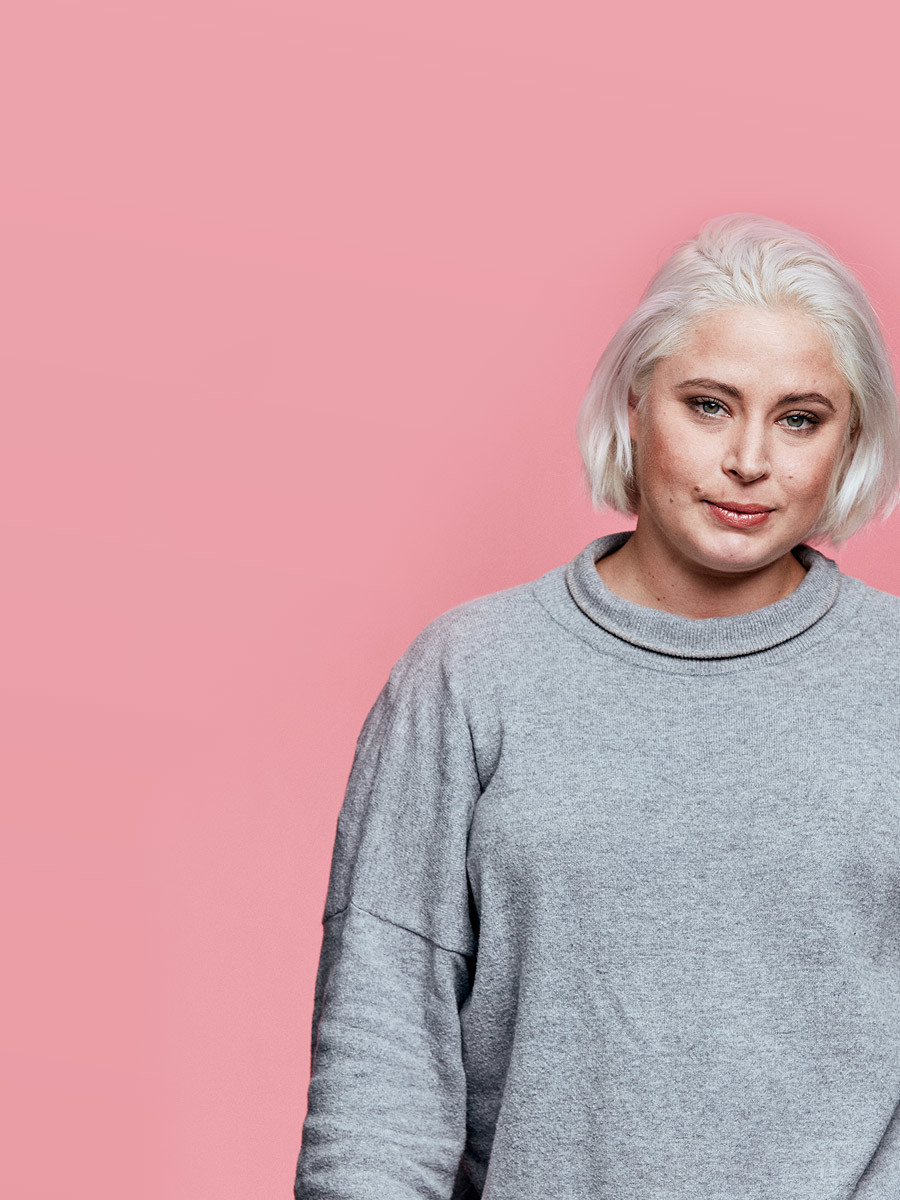MEET PROFESSOR SHERENE LOI
Professor Sherene Loi is one of NBCF’s Endowed Chairs, championing the development of new treatment by combining targeted and immune therapies for breast cancer patients.
Read our exclusive interview with the Endowed Chair for her update on the clinical trials she’s been leading.
What are some of the most exciting developments you’ve seen over the last year for breast cancer research and treatment?
We’ve seen some really promising results in the most recent breast cancer clinical trials I’ve been involved with, particularly using immunotherapy drugs for women with Triple Negative breast cancer (TNBC) and HER2-positive breast cancer. Through these trials we saw increases in survival that we’ve never seen before and with reduced toxicity, which is really the best possible outcome.
Last year, the FDA approved the immunotherapy drug atezolizumab in combination with chemotherapy for women with triple negative breast cancer; this was based on results from the phase 3 IMpassion130 clinical trial, which you were involved in. Can you explain how the drug works, what the clinical trial involved and what were the most noteworthy or exciting results from this clinical trial?
The clinical trial involved chemotherapy plus immunotherapy, or chemotherapy alone in patients with TNBC. This was a positive trial because for a subset of the population who are PD-L1 positive, we saw significant improvements in overall survival. Another clinical trial, KEYNOTE- 355, had a design that was pretty much identical to the Impassion130 trial, but with a different drug, Pembrolizumab, which again saw positive results that will be reported fully in an upcoming meeting. The most exciting thing that both these trials showed is that patients are living longer – it’s the first time we’ve had this type of success in these patients.
What impact will these results have on breast cancer patients? How will it improve patient outcomes for triple negative breast cancer?
Due to its makeup, TNBC that has recurred is a much harder type of breast cancer to successfully treat, so it’s great seeing such positive improvements in survival from these trials. I know this will ultimately have a positive impact on outcomes patients with advanced TNBC in Australia over the coming years.
You’ve also been involved in the Her2Climb trial which has shown some very positive results using the drug tucatinib in combination with traztuzumab for HER2-positive breast cancer – can you tell us about how the drug works, and what results you have seen?
The way that the drug tucatinib works is by inhibiting the HER2 gene in HER2-positive breast cancer. It’s really an excellent drug, it has very little toxicity and has impressive efficacy against brain metastases which is a major problem for many with HER2-positive metastatic breast cancer.
What does the future of breast cancer treatment in Australia look like?
It’s an exciting time for breast cancer treatment in Australia with lots of new drugs starting to become available to improve outcomes for those with subtypes of breast cancer that have traditionally been considered ‘hard to treat’. We hope that the these drugs will soon be available on the PBS as soon as possible.
Is there anything else you would like to say to NBCF’s donors and supporters?
Thank you, NBCF and your supporters. Being an NBCF Endowed Chair means that I have been provided with funding that allows me to work on more innovative and long-term projects, and stay engaged with cutting-edge international clinical trials. Ultimately, I truly believe this will have a great impact on the lives of patients with breast cancer.
WHY THIS RESEARCH IS SO IMPORTANT FOR WOMEN LIKE NINA
Nina was diagnosed with triple negative breast cancer (TNBC) when she was just 25-years-old, after she found a lump in her right breast. As TNBC is one of the most difficult types of breast cancer to treat, Nina went through an intensive process as part of her treatment plan. She had a lumpectomy, eight months of chemotherapy, a bilateral mastectomy, six weeks of intensive radiotherapy and another five operations to repair her damaged tissue.
“My life was completely turned upside down. Instead of figuring which bar we should start our night at, now it was about squeezing in a blood test before chemotherapy, oh and freezing my eggs at 25 in case I went into early menopause,” said Nina.
“However, thanks to research, my cancer didn’t mean a death sentence”.
Thanks to vital research, Nina was able to overcome cancer and start planning her future. By developing treatments for breast cancer patients, Professor Loi’s project gives hope to others diagnosed with TNBC. In particular, through increased survival rates and improved quality of life.
“One of the biggest moments in my life is when I walked out of my surgeon’s office and was given the all-clear. It felt like a chain had been lifted, I felt lighter and freer for the first time in five years,” said Nina.
When Nina is not speaking for the National Breast Cancer Foundation, she teaches yoga to women with breast cancer.
